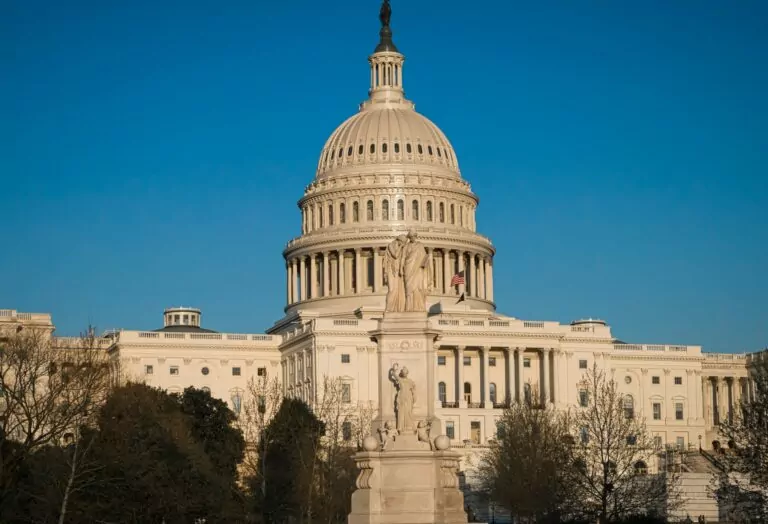U.S. Senate Examines Four-Day Workweek Bill

The United States could be transitioning to a four-day workweek, following Senator Bernie Sanders’ proposal of a bill which aims to implement a 32-hour workweek without reducing workers’ pay on March 15, as reported by NBC News.
Since its establishment in 1940 through the federal Fair Labor Standards Act (FLSA), the 40-hour workweek has remained the norm in the US.
The bill, titled Thirty-Two Hour Work Week Act, aims to gradually decrease the standard workweek from 40 to 32 hours within a four-year period while safeguarding workers’ compensation and benefits.
This includes reducing the maximum hours for overtime compensation for nonexempt employees and mandating time-and-a-half (1.5x) overtime pay for work days exceeding eight hours and double pay (2x) for workdays surpassing 12 hours.
The bill is argued not to be a radical concept and is expected to enhance the quality of life for millions of Americans, highlighting worker physical and mental stress and questioning the relevance of the 84-year-old FLSA in today’s economy.
Additional Information:
- The bill was presented to the Senate Committee on Health, Education, Labor and Pensions by Sanders, along with Senator Laphonza Butler (D-Calif.), while Representative Mark Takano (D-Calif.) introduced a corresponding bill in the House.
- United Auto Workers President Shawn Fain, Boston College sociology professor Juliet Schor, and Jon Leland, chief strategy officer of Kickstarter and co-founder of the Four Day Workweek Campaign, were invited to testify at the hearing on the proposal.
- France, Norway, and Denmark were cited as examples of countries that have reduced their workweeks, along with successful pilot programs implementing four-day workweeks that resulted in increased productivity and worker satisfaction.



